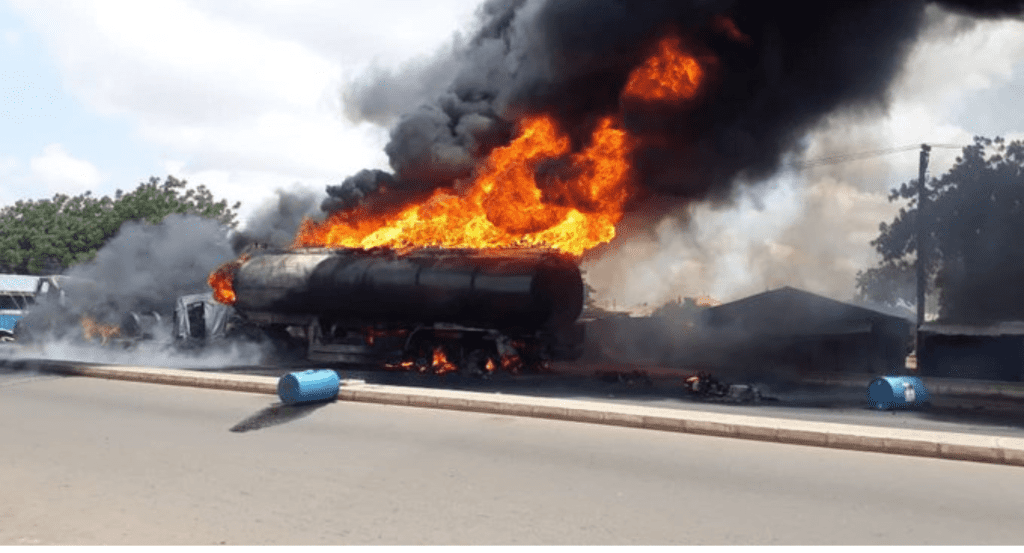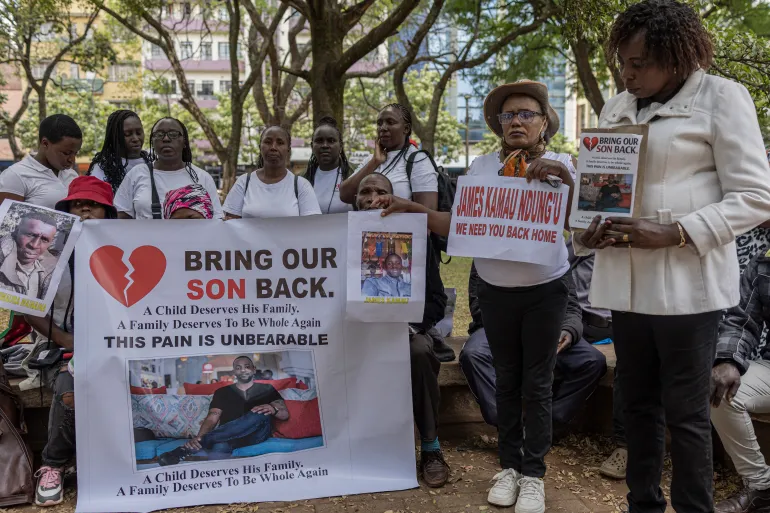An investigation panel has revealed that the tragic tanker explosion in Jigawa State resulted in the deaths of 209 people, with 99 others injured and dozens hospitalized. The devastating incident, which occurred earlier this month, has also led to the destruction of properties worth millions of naira.
The report, submitted on November 20, 2024, to the Jigawa State government, detailed the aftermath of the explosion, which has left entire communities in grief. The tanker, laden with petroleum, reportedly lost control and crashed in the vicinity of residential and commercial buildings, triggering an inferno that rapidly spread through the area.
The investigation panel, chaired by Alhaji Umar Lamido, disclosed that 68 victims remain hospitalized, some in critical condition. It also identified safety lapses as contributing factors to the disaster, including poor road conditions and lack of adequate traffic management.
In response to the report, Governor Umar Namadi expressed deep sorrow over the tragedy and assured residents that the government would implement the panel’s recommendations to prevent future occurrences. He also announced a relief package for victims and their families, including financial assistance and medical support for those injured.
The committee called for the enforcement of strict safety regulations for petroleum tankers, including the need for improved roadworthiness checks and driver training programs. Additionally, the report emphasized the importance of enhancing emergency response capabilities across the state.
The tanker explosion, one of the deadliest in Nigeria’s recent history, has sparked nationwide discussions about safety in the oil and gas transportation sector. Advocacy groups have urged federal and state governments to invest in safer infrastructure and stricter regulatory oversight to prevent such tragedies.
Meanwhile, humanitarian organizations have been mobilizing support for displaced families and individuals affected by the explosion. Many victims lost their homes and livelihoods, with relief agencies highlighting the urgent need for shelter, food, and other essentials.
As investigations continue, stakeholders hope that lessons learned from the incident will lead to significant reforms in road safety and emergency preparedness, ensuring that such a calamity does not happen again.























